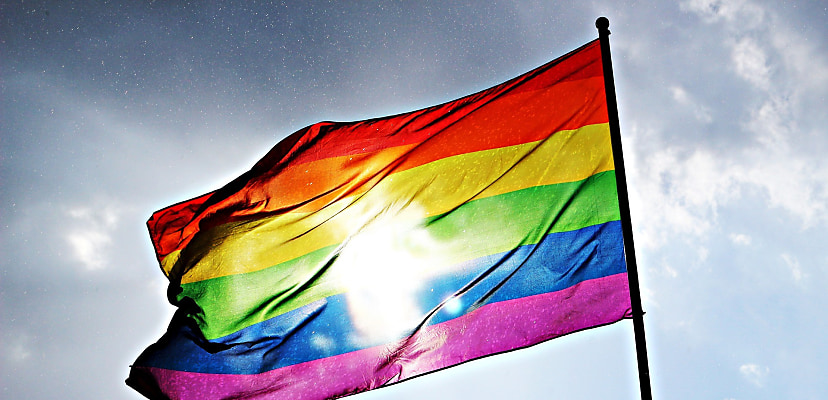Social media platforms have already begun the process of warning young users that they are about to lose access to apps such as Instagram and Facebook, and while there are still many questions to be asked about how the ban will actually work, one thing is clear.
The communities and interactions that many Aussie kids rely upon will soon be pulled out from underneath them like a tablecloth in a cheap magic trick. Communities of Minecraft players will go quiet, children will lose access to group chats with friends and family, and sites such as rogue message board 4chan could see their membership thrive.
But one community of under-16s could face a particularly barren and lonely few years until they can access their friends and support once more – queer kids.
“LGBTIQA+ youth in Australia rely heavily on social media for mental health support, connection, community building and identity development,” Professor Paula Gerber, of Monash University’s faculty of law, recently said.
“It is vital that these resources will now be accessible offline, especially in rural and unsupportive environments.”
According to Gerber, close to three-quarters of young trans people in Australia feel that social media is essential in helping them feel better about themselves, and 91 per cent of queer kids said in a recent national survey that social media helps them connect with other young, queer Australians.
The social media ban, Gerber feels, will “sever these crucial lifelines”.
“For queer youth, the ban may reduce the immediate risks associated with social media, such as exposure to homophobic or transphobic cyber bullying, harmful content and predatory behaviours,” Gerber said.
“However, this positive impact is contingent on the availability of strong, supportive offline communities and resources (which are all too often lacking for queer youth, especially in regional and remote communities).”
Gerber said the ban will very likely lead to feelings of isolation, a hindrance of vital self-expression, and limit young people’s access to “civic and cultural life” – protected rights according to the UN Convention on the Rights of the Child, a treaty that Australia has ratified.
“The Convention on the Rights of the Child recognises children’s rights to freedom of expression and access to information (Article 13), and to participate in matters affecting them (Article 12). The Convention also recognises the importance of ensuring children’s access to diverse media, including content that supports their wellbeing (Article 17), which can include LGBTIQA+ affirming resources and online communities,” Gerber said.
“The social media ban potentially violates these international laws that are in place to protect the rights of children.”
Two Aussie teens have already taken the matter to the High Court, arguing not about international laws, but that the social media ban is unconstitutional, denying children a “constitutional right of freedom of political communication”.
However, Luke Beck, professor of constitutional law and associate dean (education) of the faculty of law at Monash University, does not expect the matter to yield a positive outcome for Australia’s youth.
“Australia has lots of similar laws restricting young people’s access to spaces and things that sometimes have political content to protect their wellbeing,” Beck said.
“The challenge looks pretty weak.”
David Hollingworth
David Hollingworth has been writing about technology for over 20 years, and has worked for a range of print and online titles in his career. He is enjoying getting to grips with cyber security, especially when it lets him talk about Lego.


